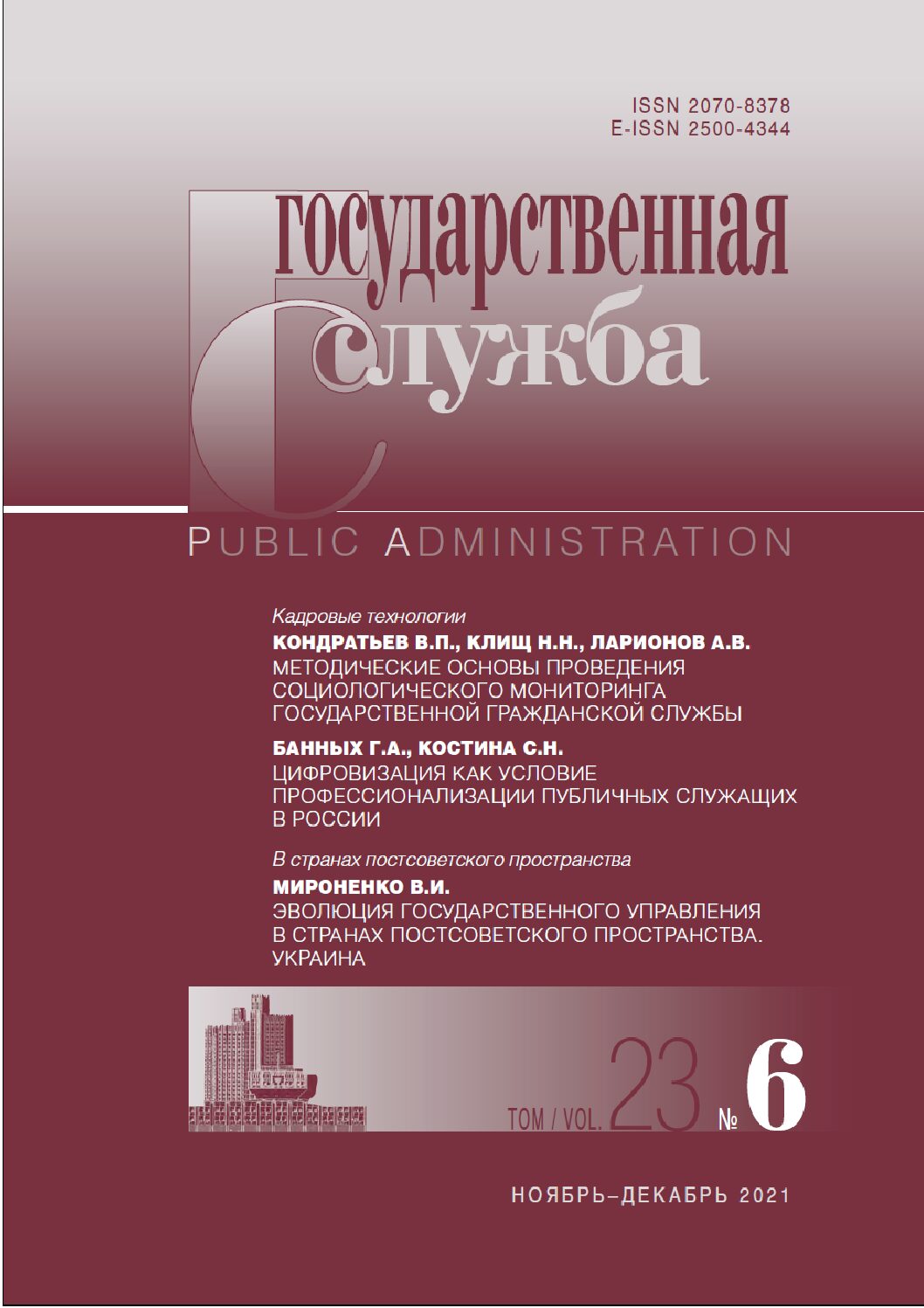Recommended link to article:
VLADIMIR VASILIEVICH ZAITSEVа
OLEG VLADIMIROVICH ZAITSEVа
аRussian Presidential Academy of National Economy and Public Administration
DOI: 10.22394/2070-8378-2021-23-6-30-35
Abstract:
There has been a revision of the 1980 Hague Convention on the Civil Aspects of Child Abduction to ensure the immediate return of illegally removed or abandoned children to their state of habitual residence to reduce the detrimental effects of unilateral parental action. In recent years, the methods of child abduction and the legal landscape associated with judicial decision-making have changed dramatically. The authors conclude that on the part of the courts, various circumstances may indicate a “grave risk” of causing “physical or psychological harm” or creating “intolerable conditions” for the child. After analyzing the information received, the authors conclude that jurisprudence in this direction is becoming more and more universal. This is also facilitated by the development of the Guide to Good Practice under the HCCH Convention of October 25, 1980.
Keywords:
child’s interests, child abduction and retention, return of the child, grave risk of harm
Received:
December 6, 2021
References:
Doronina N.G., Marysheva N.I. The Hague Conference on private international law and protection of a person from violence (Ensuring the safety of women and children). Zhurnal rossiyskogo prava. 2014. No. 7. P. 76–82. In Russian
Kravchuk N.V. The Hague Convention on International Child Abduction: protecting or neglecting child’s interests? Semeynoye i zhilishchnoye pravo. 2020. No. 6. P. 18–21. In Russian
Kravchuk N. Provision on the immediate return of the child to the country of habitual residence and exceptions in the law of the Hague Convention on International Child Abduction and the practice of the European Court of Human Rights. Byulleten Yevropeyskogo suda po pravam cheloveka. Rossiyskoye izdaniye. 2016. No. 1. P. 139–144. In Russian
National jurisdictions in the system of international cooperation (Russian-French study). Moscow: Izdatelskiy dom “Delo” RANKhiGS, 2021. (Zaitsev O. Jurisdictional issues in the implementation of provisions of international conventions on the protection of children in Russia (The Hague Conventions of 1980 and 1996)). In Russian
Freeman M., Taylor. N. Domestic violence and child participation: contemporary challenges for the 1980 Hague child abduction convention. Journal of Social Welfare and Family Law. 2020. Vol. 42. Issue 2. P. 154–175. In English
Jurisdictions at the heart of social interactions (Russian-French approach). Paris: L’Harmattan, 2021. (Zaitsev O. Jurisdictional issues in the implementation of provisions of international conventions on the protection of children in Russia). In French
McEleavy P. The European Court of Human Rights and the Hague Child Abduction Convention: prioritizing return or reflection? Netherlands International Law Review. 2015. Issue 62. P. 365– 405. In English
Perez-Vera E. Explanatory Report on Convention on the civil aspects of international child abduction. http://www.euromed-justiceiii.eu/document/hcch-1981-explanatory-report-elisa-perez-vera-hague-conference-permanent-bureau In English
Shani M. King. The Hague Convention and domestic violence: proposals for balancing the policies of discouraging child abduction and protecting children from domestic violence. Family Law Quarterly. 2013. No. 47. Р. 299–310. In English
Zaytsev O.V., Zaytsev V.V. The Russian implementation of the Hague children conventions. In: Yearbook of Private International Law. Romano. 2018. In English
Статьи в режиме Open Access публикуются в соответствии с лицензией Creative Commons Attribution 4.0 International (CC BY).

